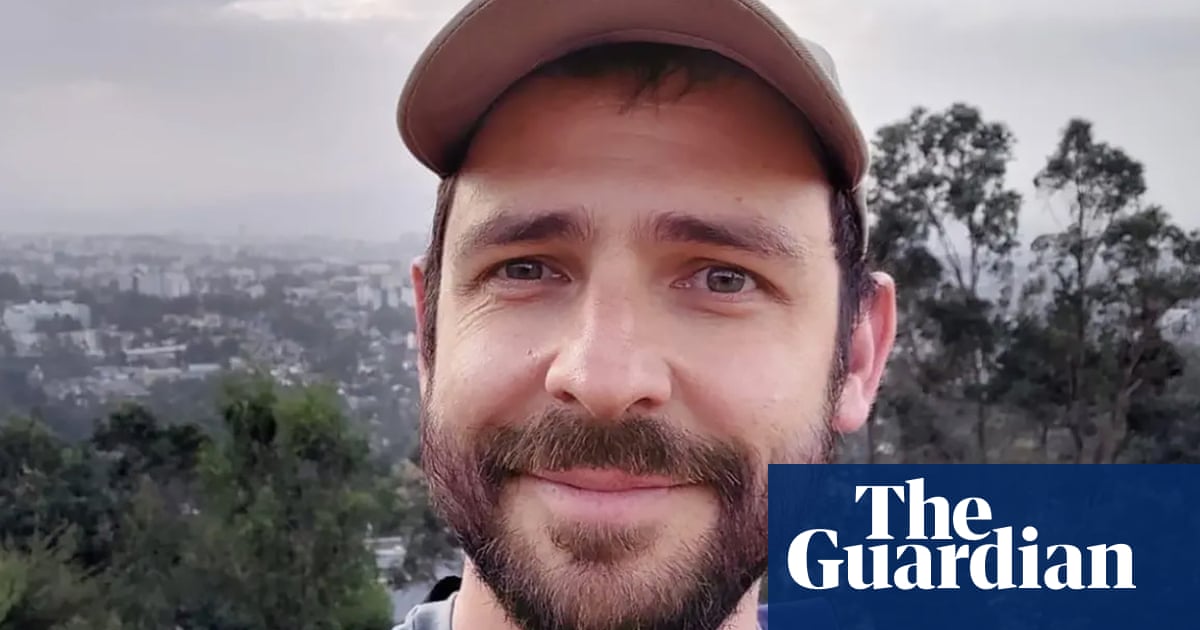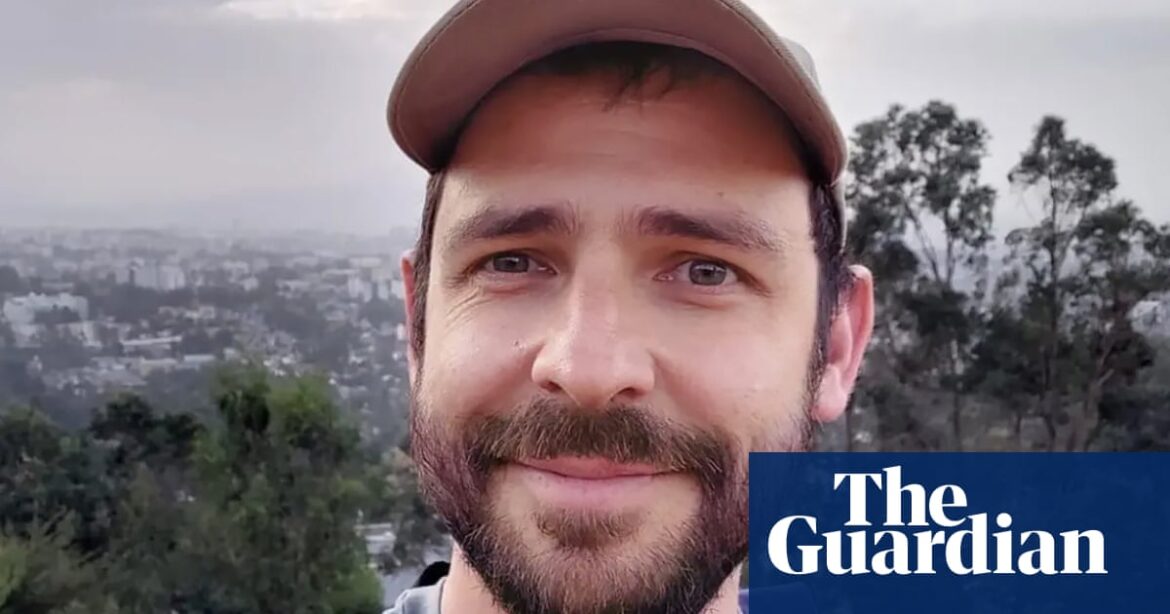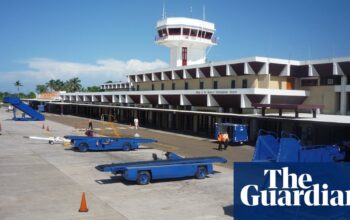
A French journalist visiting Ethiopia has been arrested on suspicion of involvement in a plot to cause disorder in the country.
On Thursday, Antoine Galindo, a journalist working for Africa Intelligence (AI) in Paris, was detained by undercover security officials at the Ethiopian Skylight Hotel. This information was reported by the Committee to Protect Journalists (CPJ).
During the incident, Galindo was conducting an interview with Bate Urgessa, who is a representative for the Oromo Liberation Front (OLF), which is a political party that is legally recognized as an opposition group. According to the human rights organization, Bate was also taken into custody.
AI reported that Galindo had traveled to Ethiopia to cover the yearly conference of the African Union, as well as other current events. He possessed a visa authorizing him to conduct his work in the nation, and the government was informed of his purpose.
AI has labeled Galindo’s detention as “unwarranted” and urged for his prompt release. The organization stated that the allegations against him lack concrete evidence to justify his prolonged imprisonment.
According to Galindo’s attorney, CPJ reports that a judge in Addis Ababa declined the bail request for Galindo on Saturday and ordered his detention until March 1st. This decision was made after the police asked for more time to examine Galindo’s phone.
According to the lawyer speaking to CPJ, Galindo is being accused of collaborating with two insurgent organizations. However, the police have not presented any substantial proof to support this allegation.
Angela Quintal, the leader of the Africa program for the Committee to Protect Journalists (CPJ), expressed dismay at the unwarranted and unjust imprisonment of Antoine Galindo for performing his legitimate duties as a journalist. Quintal urged the Ethiopian government to release Galindo promptly and unconditionally.
She stated that the recent arrest of Antoine Galindo highlights the negative state of press freedom in Ethiopia. There are currently eight other journalists detained for their work in desperate need of release.
According to the CPJ, Ethiopia is the second highest incarcerator of journalists in sub-Saharan Africa, following Eritrea.
In 2018, upon assuming the role of prime minister, Abiy Ahmed pledged to eliminate oppression and set free numerous political prisoners. Nevertheless, his administration suppressed opposition during the Tigray conflict from 2020 to 2022, expelling or denying visas to international journalists.
During the conflict in Tigray, a few foreign reporters were removed from the country. However, it is uncommon for foreign journalists to be held in custody for long periods. The most recent instance was in 2011, when two Swedish journalists were detained for illegally entering Ethiopia to cover a militant organization. They were charged with terrorist activities but were ultimately released as part of a large-scale pardon the next year.
Currently, Ethiopia is facing challenges with insurrections in its largest regions, Oromia and Amhara. There have been allegations against the government forces for misconduct. In Amhara, civil liberties have been put on hold since August due to the declaration of a state of emergency.
The arrest of Galindo has not yet been addressed by the Ethiopian government.
Source: theguardian.com



